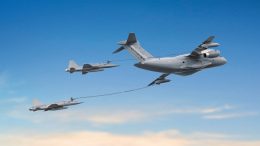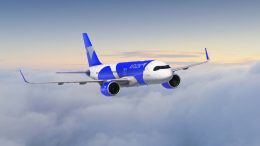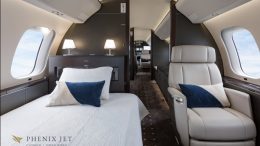


bandeau aaso african aeronautics and space organisation event 06 novembre 2025 cite de l espace toulouse
LHR_21-03_Aerospace_600x100
atr-aeromorning-banner-accueil-698x96
- 8 July 2025 | Interview Liebherr Aerospace At Le Bourget 2025
- 6 November 2025 | Internationally Acclaimed Aviation Attorney Says UPS Cargo Crash Similar to 1979 American Airlines Crash in Chicago Where Engine Fell Off Killing All on Board
- 6 November 2025 | ALSIM and Orbit Groundschool announce partnership
- 6 November 2025 | HyPrSpace and ATMOS Space Cargo Sign MoU to Advance European Launch
- 5 November 2025 | Eutelsat Communications shares drop after appointment of new CFO
- 5 November 2025 | FL Technics Engine Services expands Kaunas shop to meet growing CFM56 engine demand


thales aeromorning banner
protolabs












